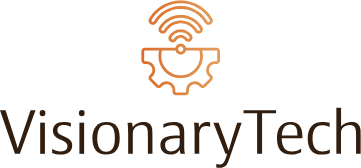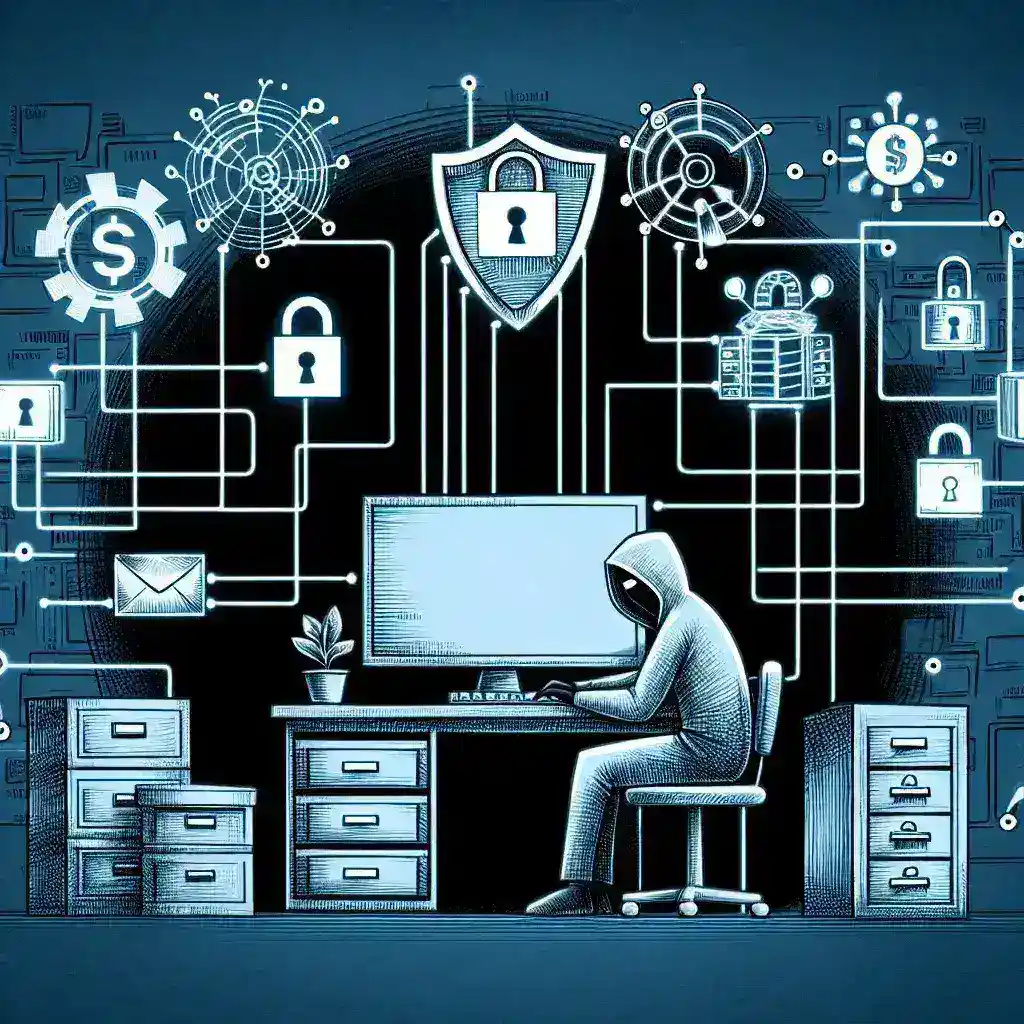Introduction
In the digital age, online banking systems have become an integral part of our financial transactions. With the increasing reliance on these platforms, the importance of securing them against cyber threats has never been greater. Ethical hacking emerges as a pivotal strategy in fortifying online banking systems, ensuring the safety and trust of users worldwide.
Understanding Ethical Hacking
Ethical hacking, also known as penetration testing or white-hat hacking, involves authorized attempts to breach system security to identify and fix vulnerabilities. Unlike malicious hackers, ethical hackers operate with permission, aiming to enhance the security measures of organizations.
Key Objectives of Ethical Hacking
- Vulnerability Assessment: Identifying weaknesses in the system that could be exploited by attackers.
- Risk Mitigation: Evaluating the potential impact of identified vulnerabilities and prioritizing them based on risk levels.
- Compliance: Ensuring that the systems adhere to industry standards and regulatory requirements.
- Continuous Improvement: Regularly testing and updating security measures to adapt to evolving threats.
Ethical Hacking in Online Banking Systems
Online banking systems handle sensitive financial information, making them prime targets for cybercriminals. Implementing ethical hacking techniques is essential in protecting these systems from unauthorized access, data breaches, and other malicious activities.
Common Threats to Online Banking Systems
- Phishing Attacks: Deceptive attempts to obtain sensitive information by masquerading as a trustworthy entity.
- Malware: Software designed to disrupt, damage, or gain unauthorized access to computer systems.
- Man-in-the-Middle Attacks: Intercepting and altering communication between two parties without their knowledge.
- SQL Injection: Injecting malicious SQL code into a database to manipulate or access data.
How Ethical Hacking Mitigates These Threats
Ethical hackers employ various techniques to simulate potential attacks, thereby uncovering vulnerabilities before malicious actors can exploit them. This proactive approach allows online banking institutions to strengthen their defenses and implement robust security protocols.
Penetration Testing
Penetration testing involves simulating cyberattacks to identify security weaknesses. By testing the system’s defenses, ethical hackers can provide insights into areas that need improvement, ensuring that the online banking platform is resilient against real-world attacks.
Security Audits
Regular security audits conducted by ethical hackers help in assessing the effectiveness of existing security measures. These audits ensure that policies and procedures are up-to-date and aligned with the latest security standards.
Threat Modeling
Threat modeling involves identifying potential threats, determining their impact, and developing strategies to mitigate them. Ethical hackers use this approach to prioritize security measures based on the severity of potential risks.
Benefits of Ethical Hacking in Online Banking
- Enhanced Security: Identifying and addressing vulnerabilities before they can be exploited.
- Regulatory Compliance: Ensuring that the banking system meets industry standards and legal requirements.
- Customer Trust: Building confidence among customers by demonstrating a commitment to security.
- Cost Savings: Preventing data breaches and attacks can save significant costs associated with remediation and legal liabilities.
Challenges in Implementing Ethical Hacking
While ethical hacking offers numerous benefits, it also presents challenges that organizations must navigate to maximize its effectiveness.
Skill Shortage
There is a high demand for skilled ethical hackers, and finding professionals with the right expertise can be challenging. Organizations need to invest in training and development to build a competent security team.
Changing Threat Landscape
Cyber threats are constantly evolving, requiring ethical hackers to stay updated with the latest attack vectors and defense mechanisms. Continuous learning and adaptation are essential to keep pace with emerging threats.
Balancing Security and Usability
Implementing stringent security measures can sometimes impact the user experience. Organizations must find a balance between robust security and seamless usability to maintain customer satisfaction.
Best Practices for Effective Ethical Hacking
- Establish Clear Objectives: Define the scope and goals of ethical hacking initiatives to ensure targeted and efficient testing.
- Regular Testing: Conduct frequent security assessments to identify and address new vulnerabilities promptly.
- Comprehensive Reporting: Maintain detailed documentation of findings and remediation steps to track progress and ensure accountability.
- Collaboration: Foster a collaborative environment between ethical hackers, IT teams, and management to implement effective security strategies.
Future of Ethical Hacking in Online Banking
The role of ethical hacking in online banking is set to become even more critical as technology advances and cyber threats become more sophisticated. Innovations such as artificial intelligence and machine learning are being integrated into security protocols, and ethical hackers will play a key role in developing and testing these technologies to enhance system defenses.
Integration with AI and Machine Learning
AI and machine learning can help in identifying patterns and predicting potential threats. Ethical hackers can leverage these technologies to conduct more efficient and effective security assessments.
Increased Automation
Automation tools can streamline the ethical hacking process, allowing for more comprehensive and frequent testing. This ensures that online banking systems remain secure against the latest threats.
Regulatory Evolution
As cyber threats evolve, so do the regulatory frameworks governing online banking security. Ethical hackers will need to stay abreast of these changes to ensure compliance and implement best practices.
Conclusion
Ethical hacking is an indispensable component in the defense of online banking systems. By proactively identifying and addressing security vulnerabilities, ethical hackers help safeguard financial data, protect customer trust, and ensure the resilience of online banking platforms against cyber threats. As technology continues to evolve, the role of ethical hacking will only become more crucial in maintaining the integrity and security of online financial services.

